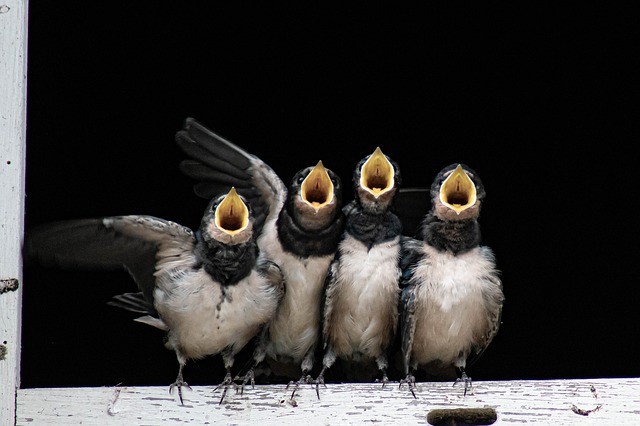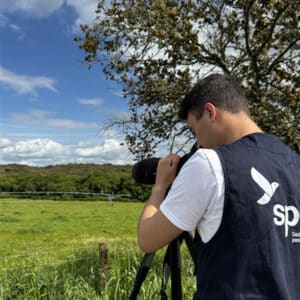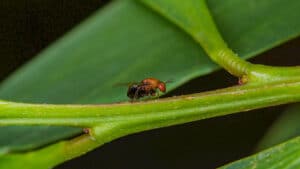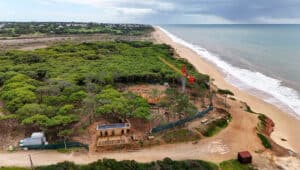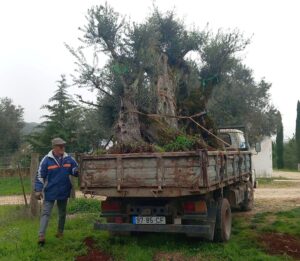Numbers of cuckoo, sandpiper and turtle-dove also declining
SPEA, the Portuguese Society for the Study of Birds has warned that the number of swallows in Portugal has fallen by 40% in the last 20 years – a drop representative of the “generalised decline” of several species of long-distance migratory birds.
In a statement, SPEA said that if nothing changes soon, another symbol for the arrival of spring will have to be found.
In Portugal, the timing of swallows is synonymous with the arrival of spring, though there is also a saying that the arrival of one swallow does not mean spring has arrived.
And, for bird watchers, it is not just swallows that are less visible. The cuckoo, sandpiper and turtle-dove are also in decline in across the Iberian Peninsula and through Europe.
Writing this courtesy of Lusa, the Resident reporter can happily say that at least one cuckoo is singing its heart out near Aljezur.
But, in general, data supplied in the “Common Bird Census”, published this week, gives a depressing overview of population trends of 64 common birds in mainland Portugal for the period 2004-2023.
A comparison is also made with what is happening in Spain and Europe with regard to the same birds.
“In the midst of the biodiversity crisis, having access to up-to-date information on the state of our common bird species is a huge asset,” says Hany Alonso, SPEA technician and coordinator of the Common Bird Census, quoted in the press release.
He adds: “By looking at common birds, we can better understand what’s going on around us. These species will be the first to let us know that something isn’t right.”
According to SPEA, migratory birds such as swallows have been affected by climate change, both in the signals they use to start migrating and in the abundance of insects to feed their young.
Anecdotal evidence over the past decades shows that drivers are hitting far fewer insects while driving than they used to, and while, in the past, their windscreens used to be covered in dead bugs, they now see far fewer.
SPEA also notes that, in addition to migratory birds, common farmland birds such as the sparrowhawk, kestrel, and corn bunting have been in decline over the last 20 years due to the “intensification of agricultural practices”, which have been ‘denatured’ (Lusa’s word, not ours), destroying “the traditional mosaics that allowed biodiversity to flourish”.
SPEA’s belief is that we need to restore nature, implement policies that promote sustainable agricultural practices, and change land-use planning, energy development, and impact assessments.
In fact, SPEA is saying what so many people have been saying for decades, while local and central government persist in handing out licences to vast monocultures, many of which involve ploughing up hectares of unirrigated trees in order to implant crops that require large quantities of water.
Source material: LUSA

